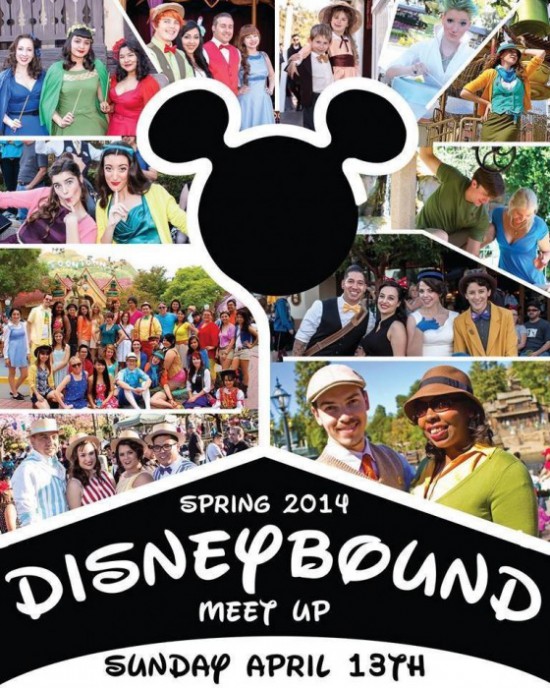
In part three of a limited series on Cupcakes, Pinterest, and Ladyporn, contributor Kyra Hunting outlines the anthology's "Bodies" section in order to argue that critical consideration for women's media cultures facilitates a deeper understanding of embodiment in relation to community practices, self-presentation, and technology.
Read more »
Tags: discipline, Disney, Dr. Who, embodiment, fandom, fashion blogs, gospel, nail polish blogs, Polyvore, pregnancy apps, Sunday Best, Tinkerbell, video games
Posted in Academia, Perspectives | Comments Off on “Bodies” That Matter

In the second installment of his two-part series on the state of comic book film adaptations, Mark Gallagher critiques their exploitation of fans' good will, as will as the strain it places on media industry talent and trade coverage.
Read more »
Tags: Avengers, blockbusters, captain america, comic books, DC, fandom, Fantastic Four, Hollywood, Iron Man, Marvel, superhero movies, Thor
Posted in Columns, From Nottingham and Beyond | 2 Comments »

In part one of a two-part series on the state of comic book film and television franchises, Mark Gallagher criticizes their exploitation of esoterica and origin stories.
Read more »
Tags: Avengers, blockbusters, captain america, comic books, DC, fandom, Fantastic Four, Hollywood, Iron Man, Marvel, superhero movies, Thor
Posted in Columns, From Nottingham and Beyond | 5 Comments »
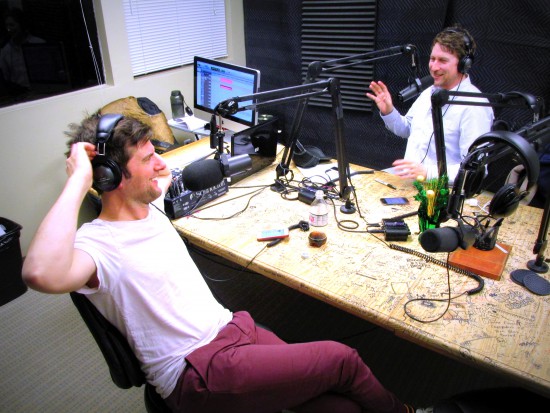
Mark Lashley notes the rise of fan podcasts within the comedy community by discussing Adam Scott and Scott Aukerman's U Talkin' U2 To Me, and the ways in which performances of fandom are complicated by the hosts' celebrity and industry connections.
Read more »
Tags: Adam Scott, fandom, Kumail Nanjiani, podcast, podcasting, Scott Aukerman, The X-Files Files, U Talkin' U2 To Me?, U2, WTF With Marc Maron
Posted in Columns, The Podcast Review | Comments Off on “We Know More About You Than You’d Like”: Podcasts and High-Status Fandom

In positioning the series as fan fiction, Hannibal show runner Bryan Fuller and his team claim the identity and ethos of the feminine-gendered fan, a position that allows them to intertextually and ardently acknowledge both the practices and the affect of its primarily female fandom.
Read more »
Tags: Bryan Fuller, fan fiction, fandom, Fannibals, Hannibal, Hannibal Rising, Hannigram, murder husbands, Red Dragon, slash, Supernatural, Thomas Harris
Posted in Perspectives, TV | Comments Off on Love for the Fannish Archive: Fuller’s Hannibal as Fanfiction
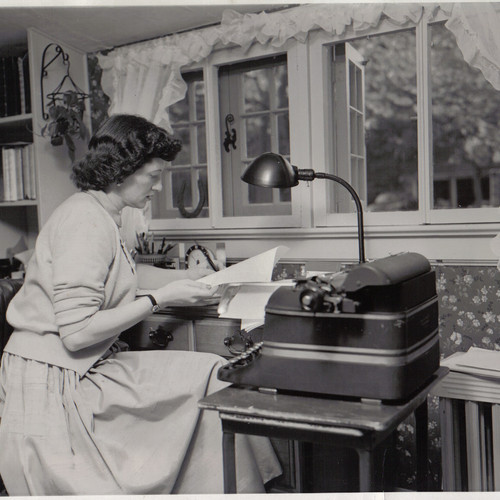
Peg Lynch, creator and star of Ethel and Albert, recently passed away at the age of 98. Her contributions to radio and early television may not be well known, but materially this forgotten show exists.
Read more »
Tags: archives, CBS, Earplay, Ethel and Albert, fandom, Gertrude Berg, Lantern, materiality, media history, NBC, NPR, obituary, Peg Lynch, radio, television, The Couple Next Door, The Kate Smith Hour, The Little Things in Life, WRGB
Posted in Perspectives | 6 Comments »

Everybody knows about Kickstarter, which is considered to be world’s most popular crowdfunding platform; however, Kickstarter is only one of an estimated number of over 1,000 platforms worldwide. Patryk Galuszka and Blanka Brzozowska look at MegaTotal, a music-oriented platform implementing a significantly different model than Kickstarter.
Read more »
Tags: Crowdfunding, entrepreneurialism, fandom, IJCS, International Journal of C, Kickstarter, MegaTotal, music
Posted in Columns, International Journal of Cultural Studies | Comments Off on Crowdfunding: Looking Beyond Kickstarter
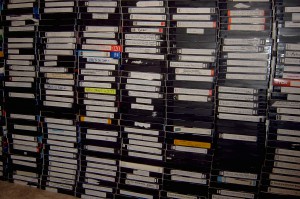
In the third post in our "Digital Tools" series, Elana Levine discusses how she manages audio-visual sources for her extensive research project on the history of U.S. daytime television soap opera.
Read more »
Tags: academic research, Another World, archival preservation, Dark Shadows, digital tools, fandom, Handbrake, historiography, iSkysoft iTube Studio, media history, Passions, Port Charles, RetroTV, Ryan's Hope, Sci-Fi, soap opera, SOAPnet, VHS
Posted in Columns, Digital Tools | Comments Off on Digital Tools for Television Historiography, Part III

Why hasn’t The Wire, which showed us how structural racism and an abusive police department defines black life in Baltimore, translated into collective social action? Why are there only thousands in the streets? Where are the millions of fans of The Wire? And why aren’t they supporting black folks in Baltimore?
Read more »
Tags: #blacklivesmatter, activism, fandom, Freddie Gray, protests, The Wire
Posted in Current Events, Perspectives | 2 Comments »
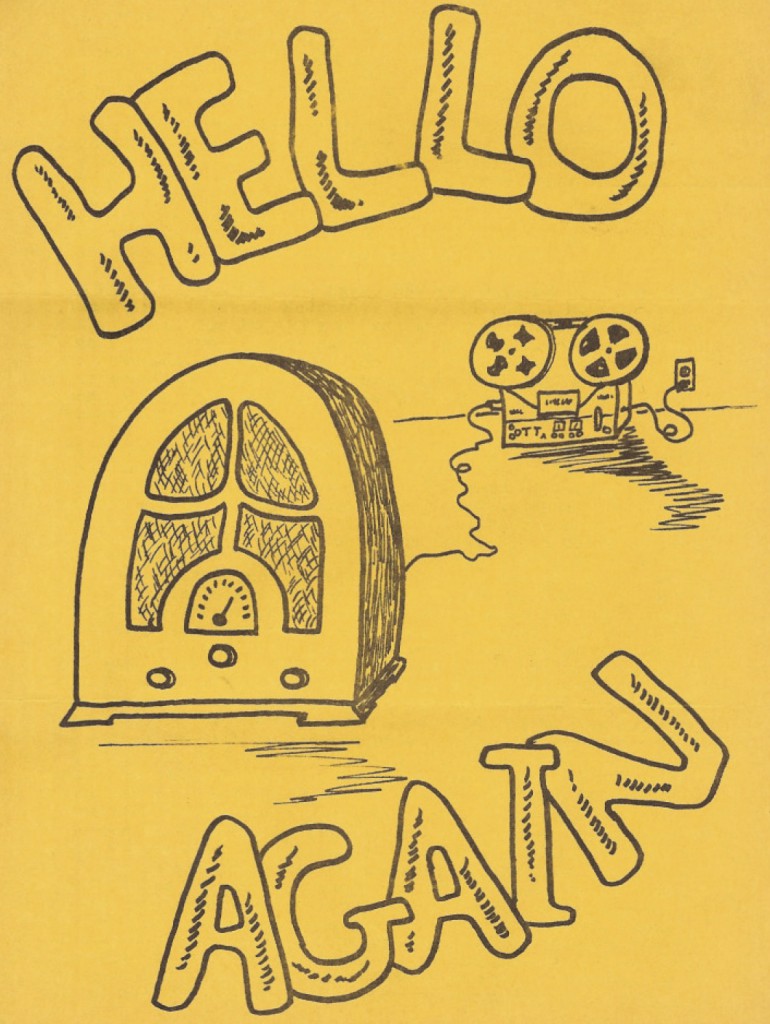
Eleanor Patterson explores the history of hobbyists who collected and traded recordings of classic radio programs in the 1950s, 60s and 70s, considering the cultural significance of a US bootleg radio culture.
Read more »
Tags: #RPTF, fandom, hi-fi, old time radio, radio, Radio Preservation Task Force
Posted in Columns, Radio Preservation Task Force | 2 Comments »
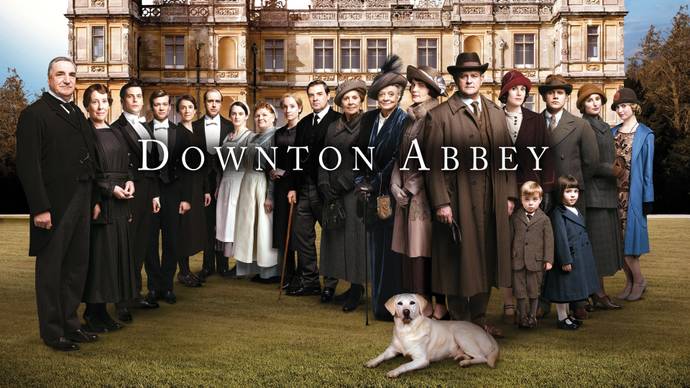
As season five of Downton Abbey airs in the U.S., Twin Cities Public Television’s rebranding efforts inspire an exploration of the expansive U.S. public television phenomenon.
Read more »
Tags: Binge watching, Downton Abbey, fandom, Masterpiece, Must Talk TV, PBS, Public Television, quality TV, taste, Thomas Barrow, Twin Cities Public Television
Posted in Perspectives, TV | Comments Off on “It’s Approximately 500 Times More Fun to Watch Downton Abbey in a Crowd”: Exploring the Downton Abbey Phenomenon

As a researcher, the rich and creative fandom discursively surrounding a text that does-not-quite-exist yet provides a mélange of data.
Read more »
Tags: Episode VII, fandom, paratexts, spoilers, Star Wars, The Force Awakens
Posted in Film | Comments Off on Star Wars Now: Fan Creativity and That Trailer
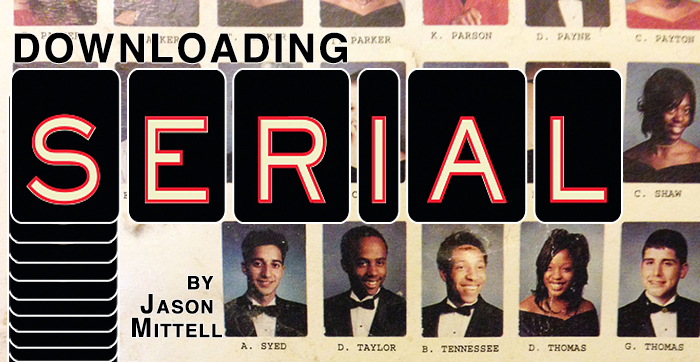
How do forensic fandom practices work when applied to a serialized non-fiction mystery?
Read more »
Tags: fandom, paratexts, Serial, seriality
Posted in Internet, Radio | 3 Comments »

Why do critics claim that only "fanboys" can make sense of Guardians of the Galaxy?
Read more »
Tags: Blockbuster Films, comics, critics, fandom, Guardians of the Galaxy, Marvel
Posted in Current Events, Film, Film | Comments Off on The Guardians of Good Taste: Critics and the “Fanboy” Menace
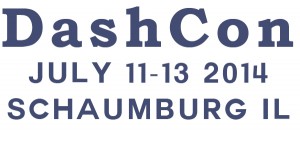
Beyond the negative discourse generated by the recent DashCon convention are the con's more neglected, productive aspects for female and queer youth.
Read more »
Tags: convention, cosplay, DashCon, fandom, feminism, internet, social media, Tumblr
Posted in Current Events, Internet, Perspectives | 5 Comments »
















